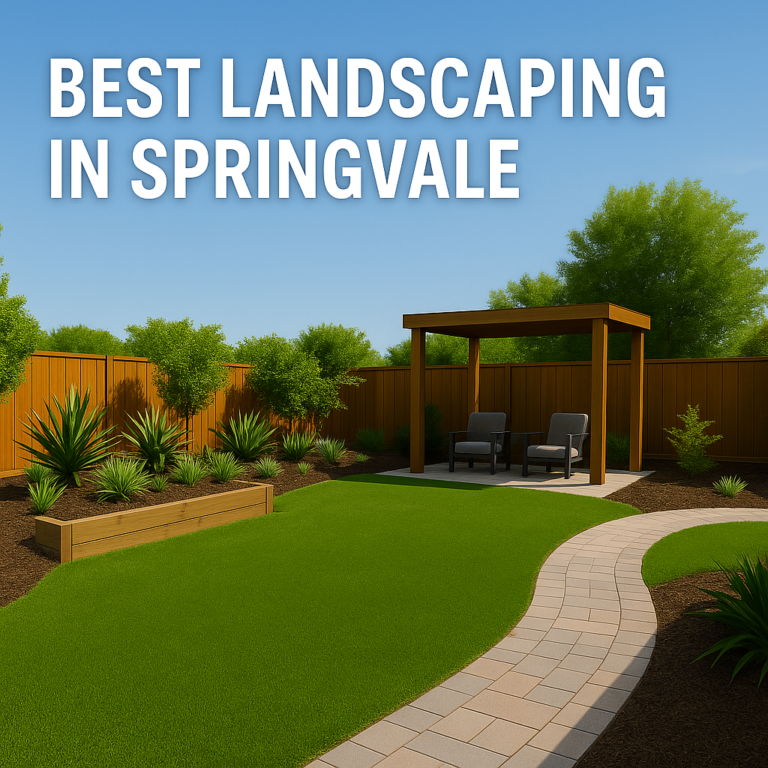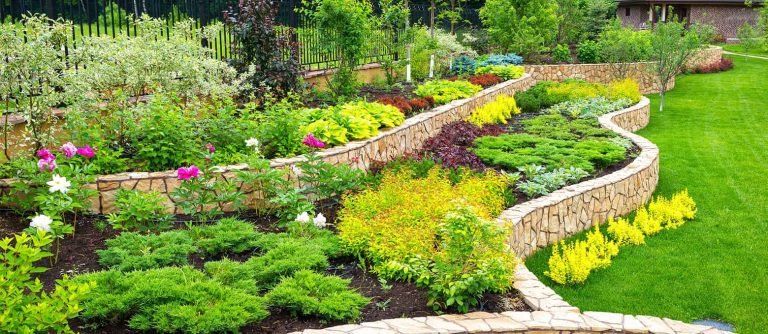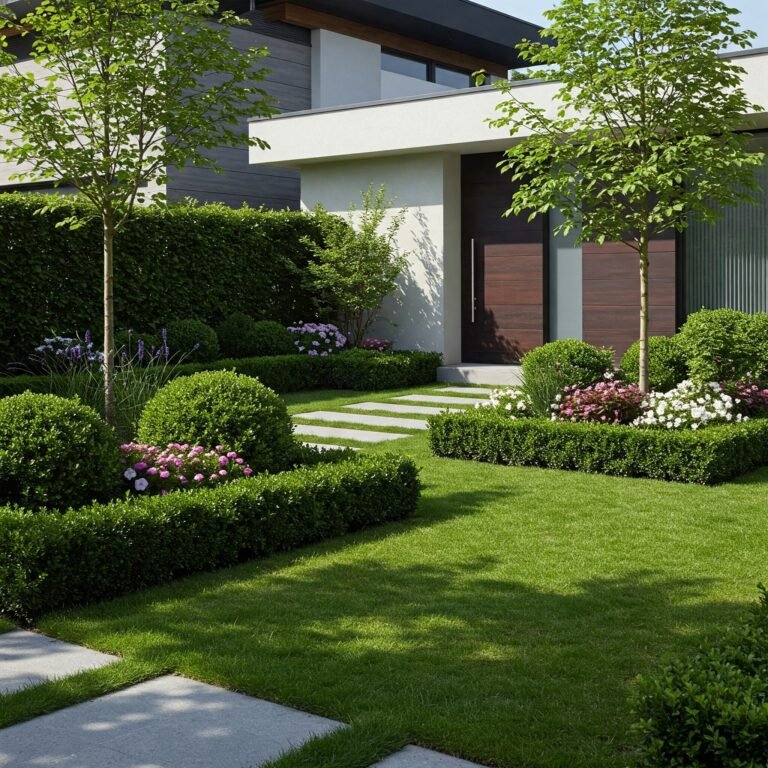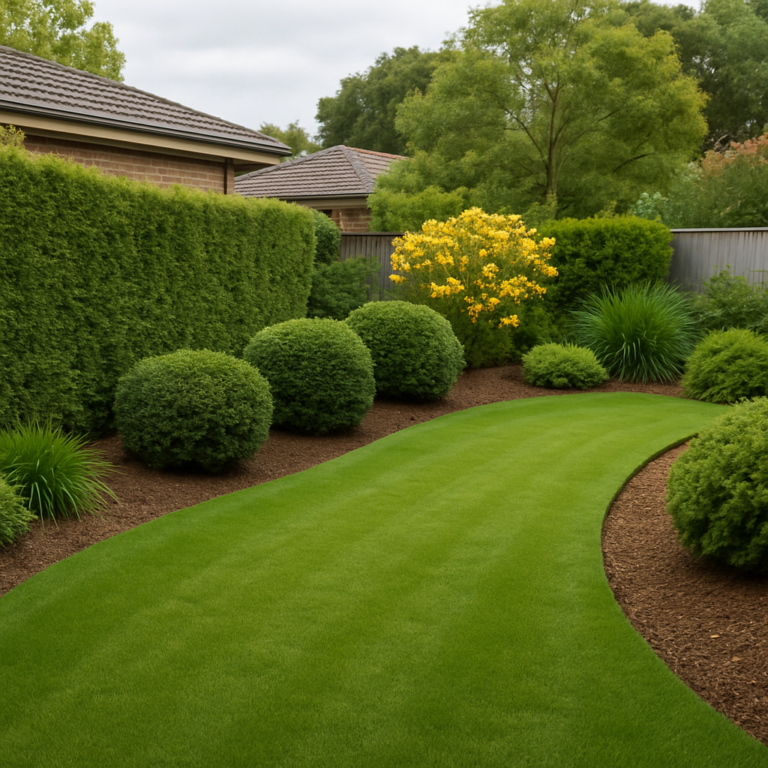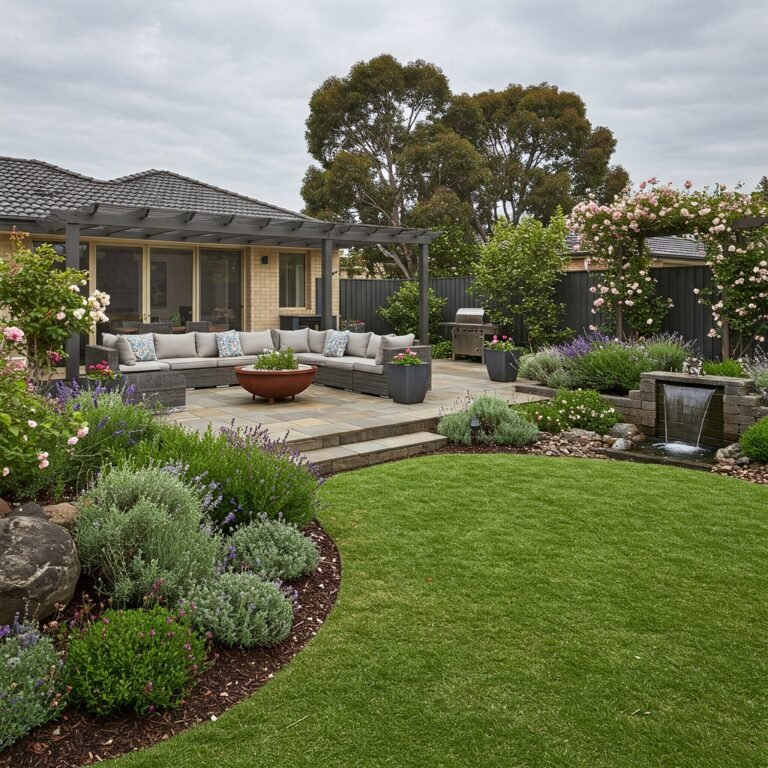Gardening sustainably – top 10 Eco-Friendly Landscaping
Gardening sustainably
In this eco-focused day and age, building an environmentally friendly yard is a lot more than being trendy; It is the future of a better planet. Not only does creating a sustainable garden improve your outdoor area, but it also saves resources, enhances local ecosystems and lowers maintenance. Ready to upgrade your yard? Below are eco friendly landscaping ideas that you can use for do better and gardening up your garden.
Why you should have a sustainable garden?
Sustainable gardens are meant to mimic nature of functioning as it intends. Native plants, water conservation and less waste means you can fend off the environment negatively and grow your own yard into something that will flourish. In addition, sustainable landscaping pays dividen in the long term which saves you effort and money.
1. Design The Purpose Of Your Garden
Begin with a holistic plan that takes into account your site climate, soil type, sunlight. Pick out native plants that already grow well in your area and are accustomed to the water, fertilizer, and pest control your environment provides. Native plants are a great base for beneficial pollinators and other wildlife to come, helping to create an incredibly dynamic ecosystem in your own backyard.
2. Go Green using drought resistant plants
Succulents, lavender and ornamental grasses are some of the drought-tolerated plants to help you save water, whilst providing contrasting textures and splash of colour in your garden. Group plants by their shared water and light requirements for convenient care, resourcefulness.
3. Compost: The Ultimate Natural Fertilizer
Composting at home is a very nice way if want to cut the household waste and also want to enrich the soil. Start creating your compost pile with kitchen scraps, yard clippings and other natural elements. Which will help build soil, hold moisture and encourage plants to grow organically.
4. Smart Irrigation to Save Water
One of most important sustainable gardening is about water-conservation. Rainwater harvesting system = Above ground collection and storage of water for irrigation If possible use drip irrigation systems or soaker hoses which deliver water directly to the plant roots, thus less escaping through evaporation. Water your garden early in the morning or evening to save water.
5. Healthy Soil Mulch
Mulching your garden beds is a simple technique that helps hold moisture in the soil, even tampers with soil temperature and suppresses weeds. Use wood chips, straw and leaves for natural biodegradable mulches that break down to feed the soil as well.
6. Reduce Amount of Lawn You Have
Normal lawns use lots of water and require lots of maintenance. Plant different areas of the lawn to native plant or hardscaping solutions such as low maintenance ground covers, gravel paths, stone patios, or raised garden beds. These shifts are also pretty and kind to the Earth.
7. Natural Pest Control
Do not use environmentally hazardous chemical pesticides and fertilizers that spoil the environment, as well as the helpful insects. For natural pest control, instead you want to bring in beneficial predators for example ladybugs and lacewings. Another way to the same end by using companion planting, for instance planting marigolds with your vegetables can help keep pests away.
8. Utilize Sustainable Materials
Use reclaimed wood, bamboo or recycled metal when making garden structures These materials are not just the friendlier to our earth but they also bring a nice natural look to your garden.
9. Pollinator Oasis
Get flowers blooming for nectar & pollen to support the bees,butterflies and hummingbirds. Remember to include different types like shades, hues and blooming seasons to provide food in all seasons. Never use pesticides which are poisonous to these helpful insects.
10. Think for sustainability over time
Sustainability comes in the planning for the future. Opt for plants and materials that are high quality that demand the least replacement. Keep on your league to evaluate your garden performance and do the eco-friendly tweaks for effectiveness, less wastage.
Final Thoughts
Ditching the garden and going with a sustainable one is a neat way to improve your yard, for the environment. Want pretty, green landscaping that is also great for the environment — here are some of the best green landscaping ideas.



